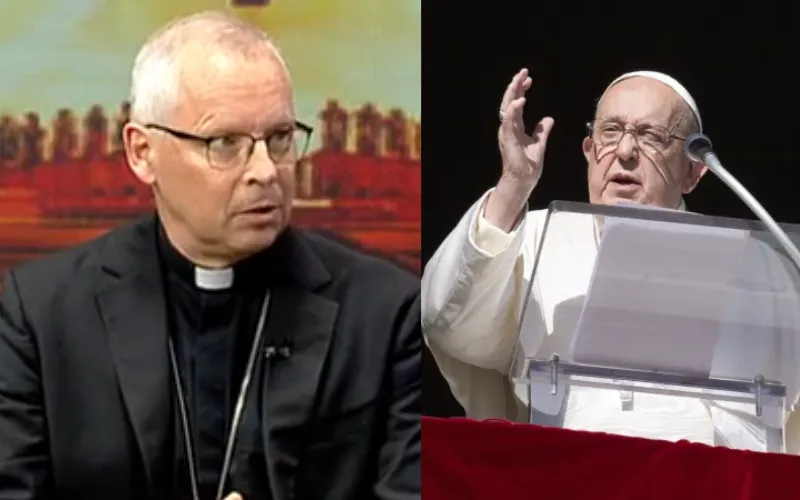Lagos, 23 November, 2023 / 9:55 pm (ACI Africa).
Increased media consumption that characterized people’s lives during the COVID-19 pandemic has continued, with a section of Africa’s Catholic population choosing to engage with digital gadgets rather than join others for Sunday worship, a Catholic Archbishop has noted with concern.
In his address during the four-day Golden Jubilee of the Pan-African Episcopal Committee for Social Communications (CEPACS) that concluded Tuesday, November 21 in Nigeria’s Lagos Archdiocese, Archbishop Gabriel Charles Palmer-Buckle singled out the youth in Africa as the “most infected” by what he described as post-COVID-19 “media virus”.
During COVID-19 pandemic, the people of God embraced the media, worshiping virtually, Bishop Palmer-Buckle recalled, adding that he finds it regrettable that long after the pandemic, a section of the Catholic faithful in Africa “seem to have been infected by another ‘deadly’ virus, namely the media infection.”
“The youth are the most infected by this media virus and you know better than me the challenges the media and the digital world are posing the Church’s mission of evangelization and the work of human development,” he said in his presentation on Monday, November 20.
The Local Ordinary of Ghana’s Cape Coast Archdiocese went on to challenge young people in Africa to “employ the strengths and creative energies” to participate in the promotion of good values on the continent, including the evangelization mission of the people of God.








